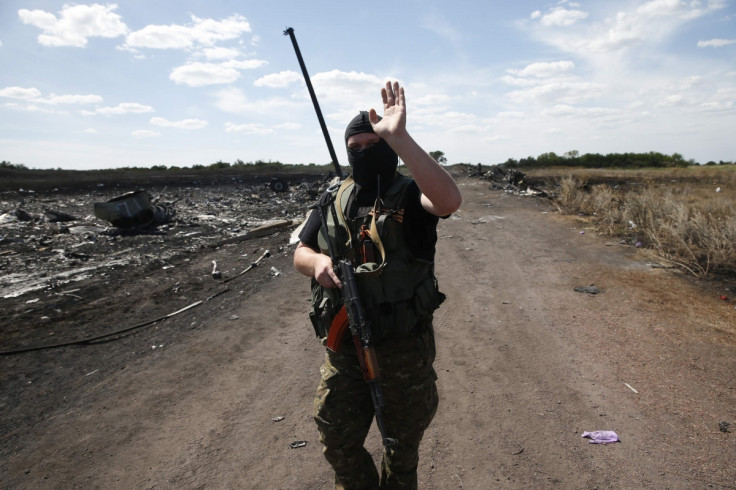EU Reaches Agreement on Tougher Sanctions Against Russia and Extends Asset Freezes

European Union ambassadors have agreed to tighten economic sanctions against Russia over its role in the Ukraine crisis but the bloc has yet to decide specific details.
Europe has sharpened its collective rhetoric towards Moscow in the wake of the Malaysia Airlines plane crash that occurred on 17 July.
European and American leaders have accused Moscow-backed separatists of downing the plane, although an independent investigation into the cause of the crash is still to take place.
Following two days of meetings, ambassadors asked the EU's executive commission to draw up a legal document outlining tougher economic sanctions that the bloc would impose next week.
The Commission has already suggested closing European capital markets to Russia's state-owned banks, slapping an embargo on arms sales to the Kremlin and restricting the supply of energy and dual-use technologies.
The sanctions would not impact on current oil and gas supplies from Russia, according to diplomats.
EU foreign policy head Catherine Ashton's spokesperson, Maja Kocijancic, said the sanctions proposal needed more work.
"The direction of travel is clear but we are still travelling," she told journalists.
The draft legal text will be scrutinised by member states over the weekend and fed back to the commission on Monday.
Dutch Prime Minister Mark Rutte has said he would back tighter sanctions against Moscow unless it stops arming rebels.
"We want as a country that has acquired a certain moral obligation as a result of this tragedy to promote Europe taking a common line on this," he told a Dutch parliamentary committee.
"All indications are that Russia is continuing to arm the separatists," said Rutte. "There's an easy way out for Russia: to distance themselves from the separatists and stop arming them."
The Dutch PM's role is seen as crucial to the push to boost sanctions, as 189 Dutch citizens were killed in the Malaysia Airlines plane crash.
Meanwhile, the EU has sanctioned 15 individuals and 18 entities that it says have supported Russia's action in eastern Ukraine.
The EU has now imposed asset freezes and travel bans on 87 individuals and 20 entities following Moscow's annexation of Crimea in March.
© Copyright IBTimes 2025. All rights reserved.






















